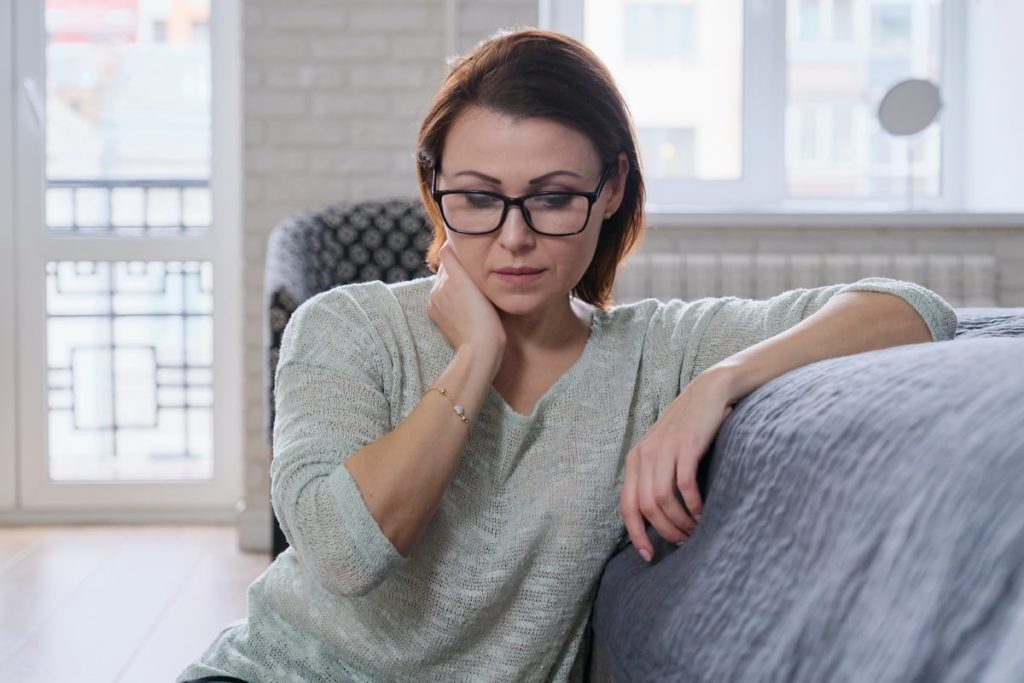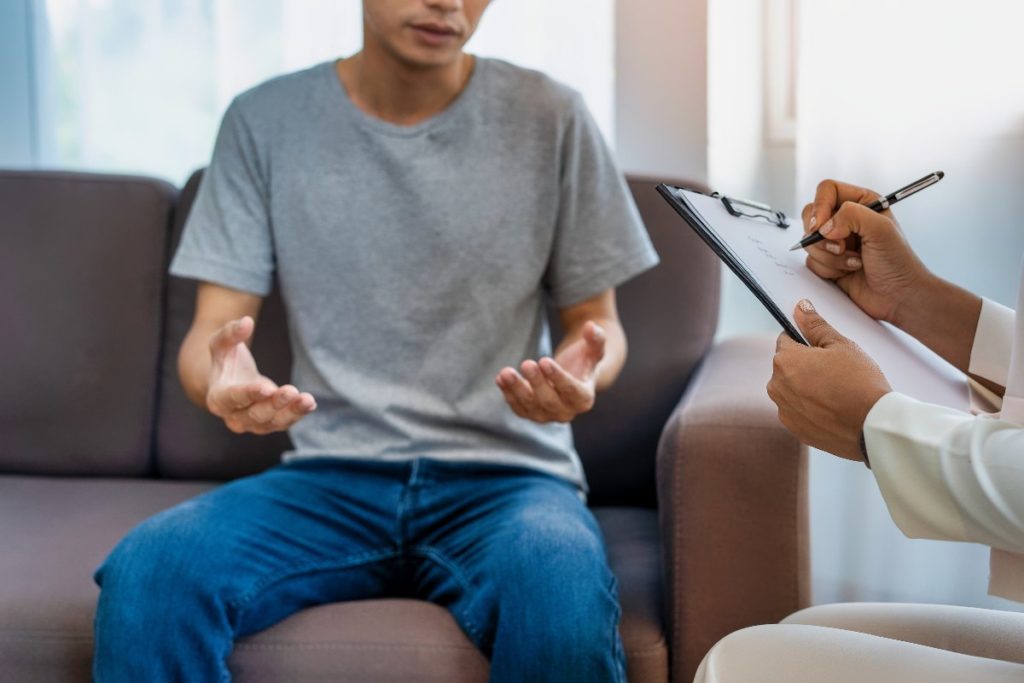
COVID-19 has rapidly and dramatically altered our lives. Unfortunately, teenagers and young adults are among those who may be most impacted as a result of the virus.
In the spring and summer months of 2020, the COVID-19 pandemic drove many schools to cancel in-person classes and graduation ceremonies. Now, as we enter fall, many schools and colleges continue to rely on virtual learning to keep students and teachers safe.
While the safety of students and teachers is of the utmost importance, online learning can have an impact on the mental health of teens. We explain how online learning impacts teen mental health, along with ways parents can help their teens cope while learning remotely.
The Impact of Online Learning on Mental Health
Online learning affects everyone from young children to young adults, teachers, and professors. For many students, virtual classes may worsen existing mental health disorders. For others, the impact of the pandemic and online learning can trigger new changes in mental health and mood. Below are some of the ways teens are most affected by online learning.
Social Isolation
While primarily a place of education, school is also the center of many teens’ social lives. School offers teenagers and young adults an opportunity to connect with their peers. It’s an opportunity for them to socialize and express themselves. However, with schools and colleges moving to virtual formats, teens may feel lonely, unmotivated, or discouraged without regular social interaction.
Numerous studies have shown social isolation can cause higher rates of negative outcomes for the mental and physical health of individuals. Other studies have found that face-to-face interactions can help reduce depression and anxiety. Less social interaction may increase feelings of social anxiety and pressures. For example, teenagers may worry about changes in their friendships as a result of prolonged isolation.
Increased Stress & Anxiety
Alongside the lack of social interaction, online class structure can affect teens and adolescents in a number of ways:
- They may feel heightened anxiety about keeping up to date with their school work
- Other teens may experience difficulty concentrating or staying focused while at home
- For some adolescents and young adults, being in front of others on video can lead to its own anxieties
- Students may find it difficult to receive the extra education support they need to succeed
As many parents know, being a teenager or young adult is often challenging enough; however, additional pressures placed on students can exacerbate normal anxieties and stressors.
Virtual Learning Fatigue
Spending a significant amount of time online can fatigue both students and their teachers. Sometimes, this impact is referred to as “Zoom fatigue.” Part of the reason a day full of video interactions is so mentally draining is because our brains are unable to process information in the way it’s accustomed to.
When we have in-person interactions, there are a number of non-verbal cues our brains process. These cues include:
- Tone and pitch of voice
- Facial expressions
- Eye contact
- Body language
When it’s difficult or impossible to pick-up on these cues, our brain must work harder to interpret the information that it’s receiving. On its own, this can cause extra mental fatigue. When this is coupled with the constant self-awareness of being on-camera in front of others, stress levels can easily begin to rise.
Does Online Learning Offer Mental Health Benefits?
Despite the potential for virtual classes to impact a teen’s mental health negatively, there are still some positive benefits. For some students, being home and around family, particularly during the COVID-19 pandemic, can offer feelings of safety and reassurance. For these students, their home can become a safe learning environment where they feel more productive.
In addition, while school is a place for teens to socialize and form friendships, not all social interactions are positive. Students may become victims of bullying at school. For these students, virtual learning offers an escape from depression and anxiety caused by the fear of being bullied. For other students, virtual classes can also provide an escape from the constant weight of peer pressure.
How To Help Your Teen Cope
Helping your teen cope with the stress of virtual classes is challenging; however, there are ways that you can help your teen cope. We share some strategies below.
Create A Designated Workspace
The home is full of distractions. It’s important to create a space for your child to focus and feel productive. Fortunately, there are a number of ways to minimize distractions:
- Designate a quiet area of your home specifically for classes and homework
- If necessary, use room dividers, furniture, or clear out storage space to create a distraction-free area
- When possible, consider encouraging your teen to occasionally change to a new area throughout the day
It may also help to encourage your child to do schoolwork in an area they don’t associate with rest or entertainment. In addition, try to limit the use of devices until the end of the school day as a normal classroom would.
Encourage Healthy Habits
Teens aren’t known for having the best sleep or dietary habits. With disruptions to their daily routine from virtual classes, it’s more important than ever to encourage healthy habits. A good night of sleep, a healthful diet, and regular exercise can help boost your teen’s mood and have a positive impact on their mental well-being.
Be sure your child follows a regular sleep schedule and has routine wake-up times. This is especially true for young adults in college. With classes spaced out through the day, it can be easy for a college student taking virtual classes at home to fall into the trap of late nights followed by sleeping in too late. Encourage your child to get a healthy amount of sleep.
As for exercise, there are plenty of both indoor and outdoor options to keep your kids active. Walks and bike rides are great ways to stay active while maintaining appropriate social distance from others.
Set a Positive Tone In Your Home
In some cases, parents may be working from home alongside their children. Adults are susceptible to many of the same stressors and anxieties as teens, however it’s important for parents to set a healthy tone for the home.
Although it may be challenging in times of extra stress and uncertainty, set a positive example. Maintain an upbeat attitude and encourage healthy conversation within the household. Remember, teens and young adults still look to their parents for support and guidance. Provide encouragement and hopefulness.
Cultivating a positive attitude within your home can make a considerable difference in the mental health of the entire family.
Finding Help for Your Teen’s Mental Health
The pandemic is a trying time for all of us. If your teen is struggling with anxiety, depression, or other mental health disorders during this time, the team at High Focus Centers is here to help.
We have teen and young adult mental health programs available through teletherapy. You can reach out to our staff online or give us a call at (877) 770-2731 to learn more about our mental health programs.



